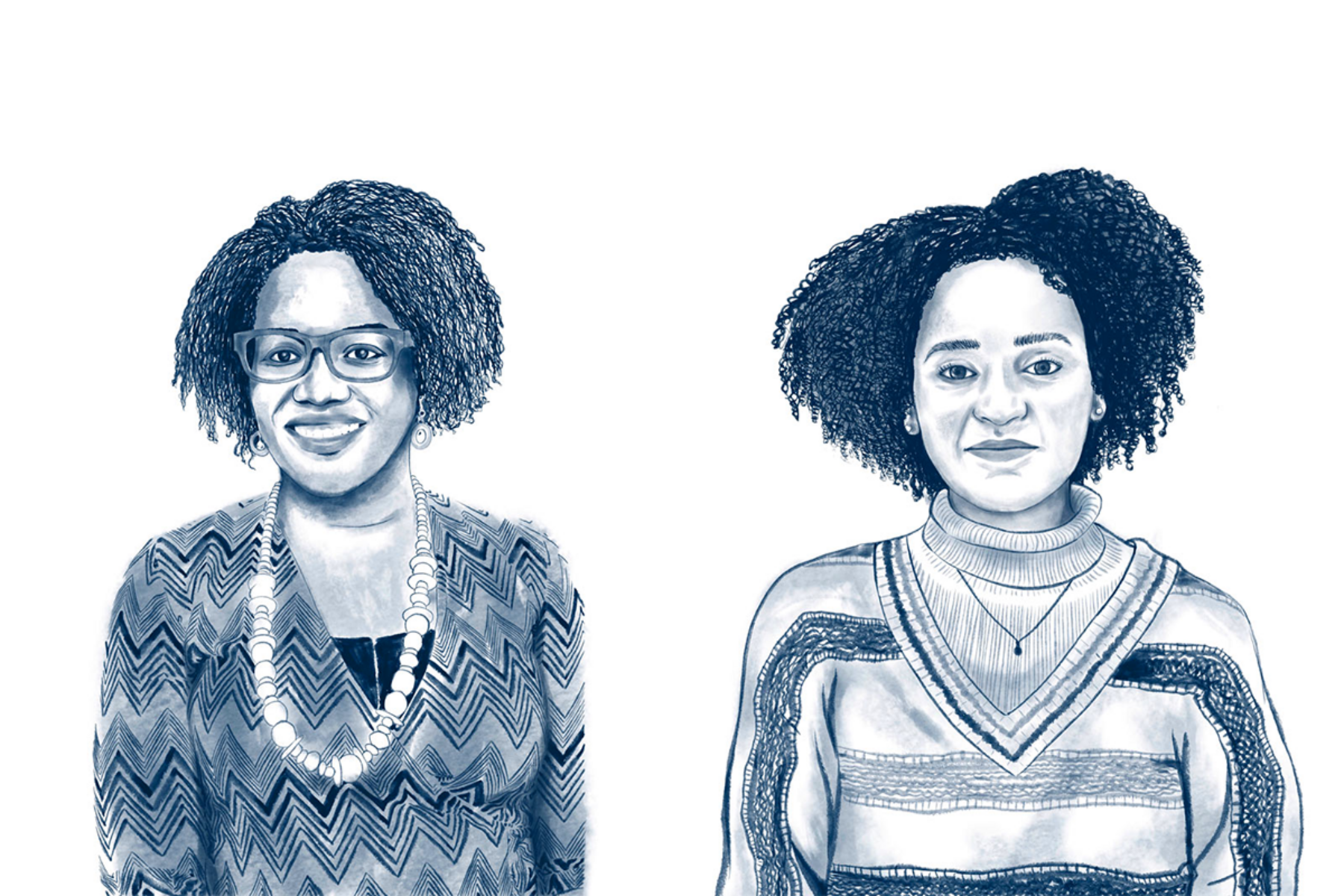Breadcrumbs
Equity, Diversity and Inclusion
Excellence can only be achieved through equity. Situated in one of the most ethnically diverse regions in the world, U of T Medicine has an added duty to reflect the communities it services. This is why the Academic Strategic Plan identified equity, diversity and inclusion as one of its cornerstones, including the following goals:
-
Create and resource a comprehensive equity, diversity and inclusion plan, including a review of current resources across the Faculty, development of interdisciplinary programs, and expansion of the “We All Belong” campaign.
-
VoT Survey data shows direct connection between EDI and wellness, so by supporting equity initiatives we are automatically enhancing wellness.
-
Equity-based educational initiatives will emphasize the importance of impact over intention (e.g. microaggressions etc.) to address wellbeing through EDI work.
-
The overall approach to carrying out EDI initiatives will be based on a model of collaboration and partnership with multiple stakeholders within and external to the Faculty.
2020 Highlights:
Obtained approval of the Faculty of Medicine’s first Equity, Diversity and Inclusion plan.
Established the We All Belong Steering Committee to coordinate outreach and inclusion campaigns within the Faculty of Medicine.
Launched a Microaggressions and Allyship Campaign to increase the awareness of microaggressions and their impact, begin discussions around microaggressions and allyship, and to encourage individuals to use their privilege(s) to be allies to others.

“I know that the experiences I have today as a Black woman are very different than those of a Black woman 100 years ago in Canada,” says Onye Nnorom [left], the Black health theme lead for the Faculty of Medicine's MD Program and the equity, diversity and inclusion lead for the Department of Family and Community Medicine. “This is because of the invaluable work of those before us who have worked tirelessly to instill change.”
She explains that advancing equity, diversity and inclusion work is so important because it helps to disrupt oppressive systems and structures, and ensures future generations have greater opportunities.
“We stand on the shoulders of giants – people like Dr. Miriam Rossi, who were driven by a need for greater equity,” says Nnorom. “We see ourselves as part of the continuum of those advocating for change.”
Through her work as a Black medical leader, Nnorom has led many projects within the Faculty of Medicine, including the equity, diversity and inclusion action plan, that aim to tackle anti-Blackness, racism and the impacts of colonialism. She is also the president of the Black Physicians’ Association of Ontario, and recently established a podcast, ‘Race, Health and Happiness’, to discuss the experiences of Black, Indigenous and People of Colour.
Noting the impact that medical leaders like Nnorom have had on her journey in medicine, MD student Chantal Phillips says [right] she is motivated to carry forward this work.
“The collective actions of leaders before us have allowed students who come from underrepresented communities to enter into the space of medicine. This is why I feel so connected to the equity, diversity and inclusion work I am completing,” says Phillips.
As the out-going co-president of the Black Medical Students Association at the University of Toronto, Phillips has drawn attention to health disparities faced by the Black community and is engaged in other efforts, such as addressing financial barriers to medical school and conducting a curriculum review for the MD program through an anti-oppressive lens, that aim to support marginalized students.
With many opportunities to engage in equity, diversity and inclusion work at the Faculty of Medicine, Nnorom says it is a leader in this realm. She points to initiatives like the Community of Support and Summer Mentorship program organized by Ike Okafor, as well as the Black and Indigenous student application programs as successes that are improving the landscape of medicine.
“I think there still is a lot to be done, but I am enthusiastic that we are on a meaningful journey towards structural change when it comes to equity, diversity and inclusion and understanding issues of anti-oppression,” says Nnorom.
– Ciara Parsons